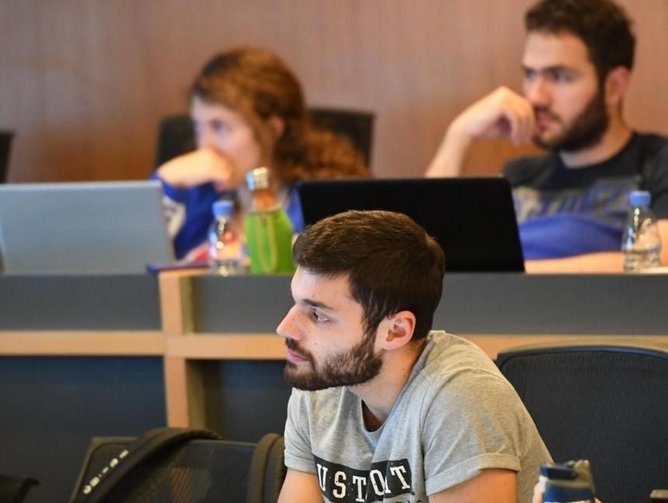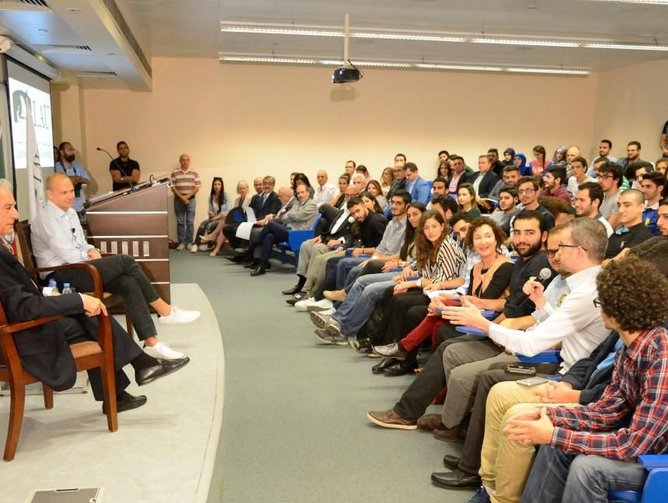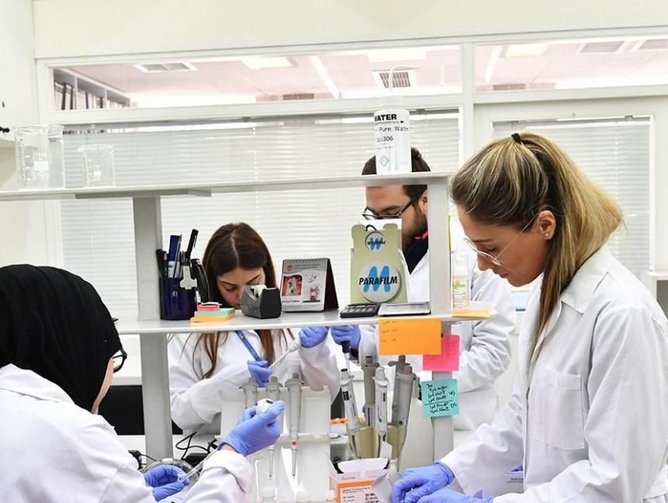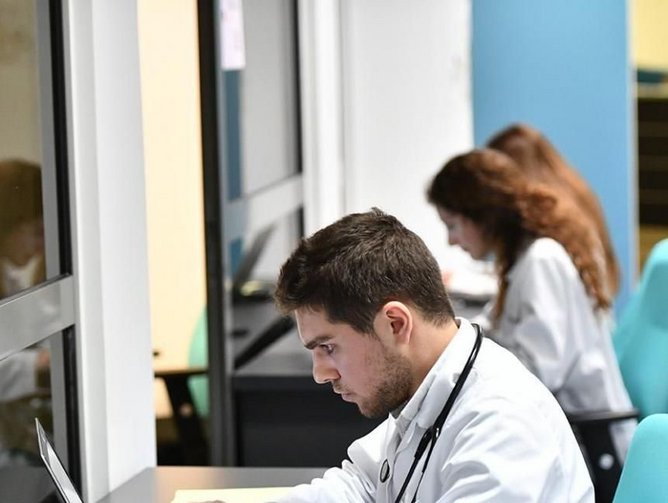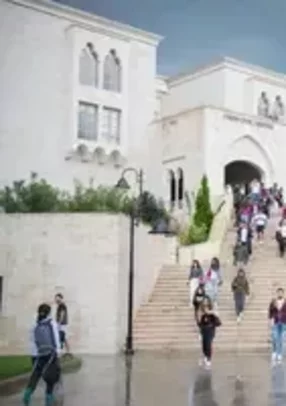LAU is experiencing a transformation in Lebanon’s higher education industry
As a leading private higher education institution in Lebanon, Lebanese American University (LAU) is an organisation with a rich past in the teaching of the next generation. With seven schools and 20 centres and institutes between its campuses in Beirut and Byblos, LAU welcomes more than 8,500 students from 78 different nationalities through its doors. Khalil Feghali, Senior Procurement Associate/Assistant Director of Procurement at LAU, believes his organisation has evolved significantly through the launch of its new buildings since he joined the Beirut campus in 2009. “The university has grown considerably since I first came on board; we've had four major capstone projects built, and our office has purchased all the furniture, furnishings and equipment for each of these buildings,” says Feghali. “In 2010, we introduced Frem Civic Centre in Byblos; 2013 saw the Gilbert and Rose-Marie Chagoury Health Sciences Centre open, in 2017, we unveiled the Engineering Laboratories and Research Centre and last year, the new Library building, which is really a landmark building in terms of architecture and the environment, opened its doors for the first time too. The latest addition to Byblos campus is the new Central Administration building which is in its final stages towards completion.”
The university partnered with 39 pharmacies and 24 hospitals in Lebanon, including the Houston Methodist Hospital and four Walgreens sites in the US, in a bid to provide learning and experimental education opportunities to pharmacy students. As such, the university maintains partnerships with industry leaders and other sponsors as well as increasing students’ educational and training opportunities while opening up research collaboration options for faculty members. LAU operates with an ambitious roadmap, aiming to position itself as the leading regional institution of higher learning across the Middle East and North Africa region. Feghali points to the impact his organisation has had on Lebanon’s education sector overall. “A 2017 study showed that LAU contributed $897mn into the country’s economy for the fiscal year 2015-2016,” he explains. “Now, having undergone a rigorous procurement policy and well-designed procurement procedures, as well as the integrity and the exemplary work ethic of its procurement staff, have all enabled a significant contribution. Our reputation has accelerated as an equal opportunity buyer that treats all bidders for supply contracts fairly and equally throughout the years.”
With procurement vital to the growth of companies worldwide, Feghali observes how procurement has become an important strategic function that stands at the forefront of operations. “Our goals have been to contribute to the achievement of the university’s objectives through three things,” affirms Feghali. “Firstly, we must get the most in terms of value from the acquisition of goods and services. Next, we must streamline the acquisition process itself, which will enable the reduction of costs and the opportunities for errors in it. Finally, we must control the expenditure of funds through ensuring compliance with the university’s procurement policy and procedures, with the budget and with record keeping requirements.”
“Supply chain transformation impacts all aspects of our procurement operations such as the degree of cooperation and coordination with internal customers, the quality of our relationships with suppliers, and the aligning of the employees behind the vision and ensuring they work collaboratively to develop the critical role of partner with internal customers,” he says. “The organisation has to continue evolving in order to improve efficiency, achieve standardisation, and for succession planning. Finally, process improvements will have to be implemented to enforce standardisation, achieve data integrity, facilitate performance measurement and communicate the results, thereby enabling us to get the most from the technology in place.”
Due to the way digital transformation is defining how all organisations the world over conduct operations, there has been a competitive drive from a range of companies globally to introduce new technology quicker than the competition. In the case of LAU, the university has implemented systems such as the Oracle iProcurement modules over the past few years. “Since we began using the system three years ago, lots of lessons have been learned and we’ve consistently reviewed how we can make our services better,” says Feghali. “We could improve the collection of data for the purpose of automating commodity segmentation and portfolio analysis for the goods and services we purchase.”
Although leveraging new technology is largely considered a positive change by businesses, the importance of introducing software and processes that enhance its current offering can’t be overlooked. “We’re delaying any introduction of new technology, in terms of spend analysis tools or contract management systems, because there’s a lot more we can do with the existing system,” explains Feghali. “Until we feel comfortable that we've achieved as much as we can with our current model, we can hold off on alternative options until later on. It’s important to work with internal customers to help change their perception of the procurement function here at LAU and convince them of the new value proposition that the procurement office can deliver.”
With innovation considered an important priority at LAU, the university launched the LAU Fouad Makhzoumi Innovation Centre, inaugurated in April 2019, with two pillars – entrepreneurship and academia – to be the hub for entrepreneurial innovation. The Centre will serve as an accelerator, and to enhance educational and training activities through regular international conferences, lecture series, scholarly workshops and international research to foster creativity and innovation. “The university places huge importance on the training of its employees and values their continuous development and the upgrading of their skills,” says Feghali. “In 2017, a study indicated that, from 2011 to 2015, the amount spent on learning or training for employees was in the $30 millions figure. It’s vital to us.”
Looking to the future, Feghali has clear ideas of how procurement at LAU can continue to be successful in the future. “We have to stay at the top of our game and try to make the best use of the existing technology,” he says. “The recruitment of a director of procurement for both campuses is expected to give us a boost in terms of implementing the direction that we want to go in and which consists of laying the groundwork for the future transformation of the procurement function into a more strategic supply management operation. This starts with the implementation of processes for measuring and quantifying the existing situation so as to enable the devising of a departmental strategic plan for the subsequent period.”
